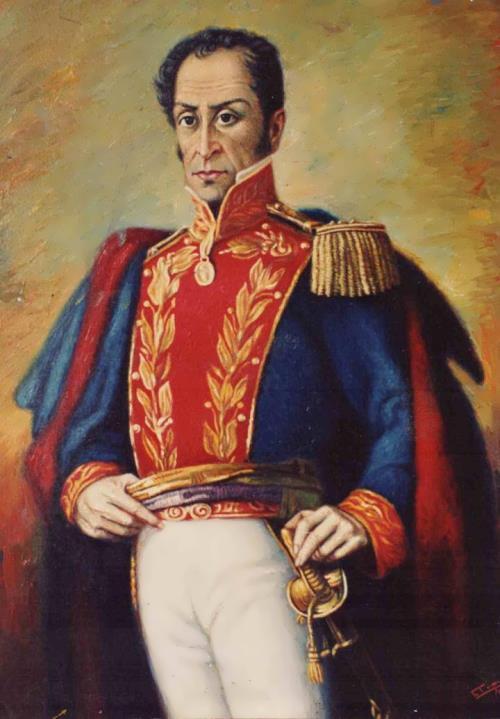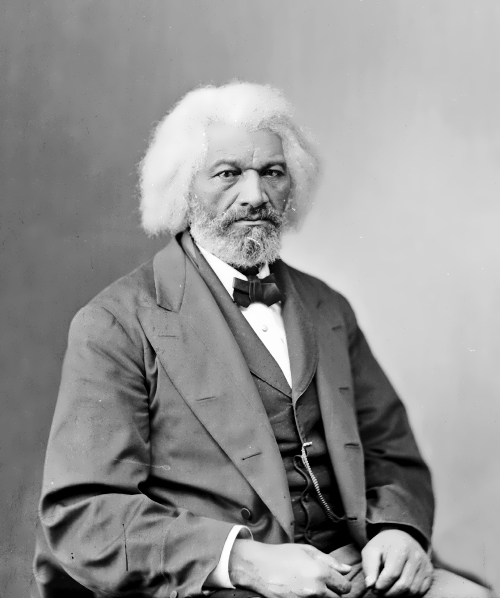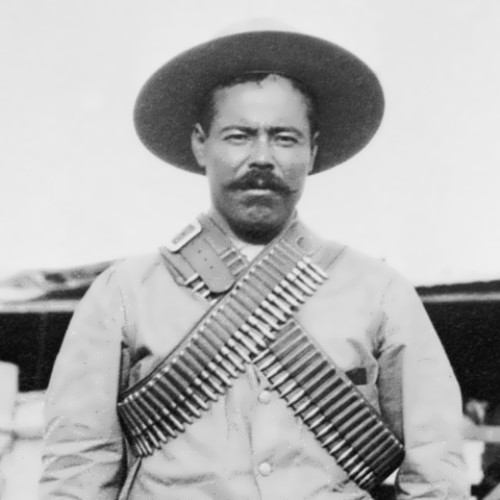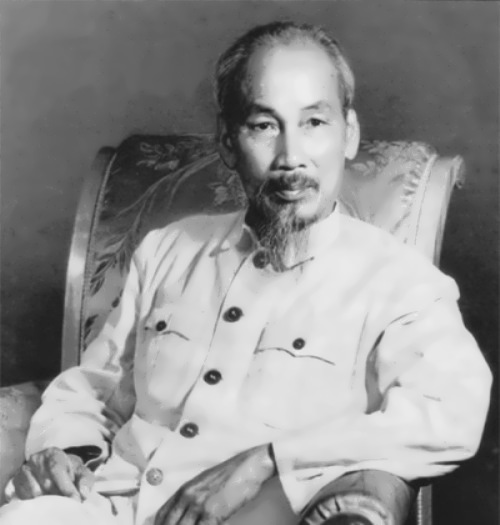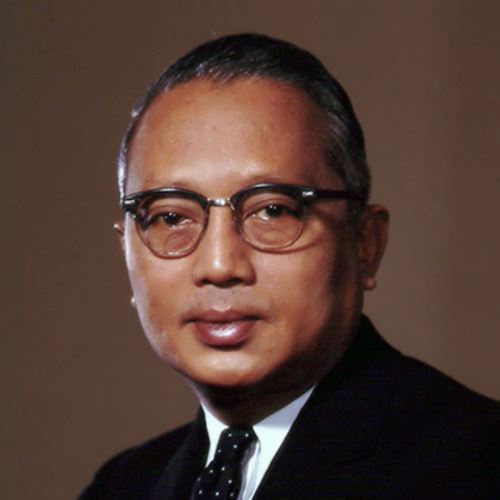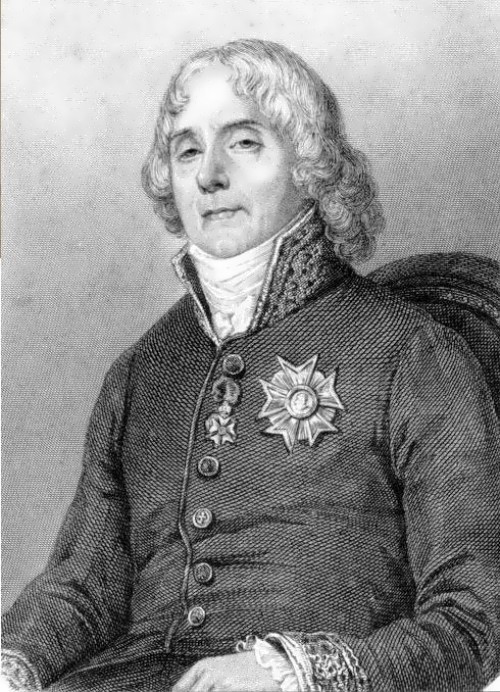Malcolm X – African American leader
Malcolm X was an African American religious and political leader in the 1950s and 1960s.
Malcolm Little was born on May 19, 1925, in Omaha, Nebraska. His father was a Baptist minister killed in 1931. Malcolm had a difficult childhood. He was removed from his mother’s care at age six and placed in a foster home. As a young man he moved to New York City and became involved in crime. In 1946 Malcolm was arrested for robbery. When he was in jail he learned of the Nation of Islam, or Black Muslims, an ascetic sect. He joined it in 1952. Elijah Muhammad, head of the Nation of Islam, taught that white men were devils and that complete separation of the races was the only solution to racism in America. Malcolm dropped his last name and replaced it with X to symbolize the identity and history that whites had stripped from blacks during slavery. In contrast to Martin Luther King, Jr.’s, advocacy of nonviolence, integration, and inter-racial harmony, Malcolm X utilized fiery rhetoric to launch a fearless assault on America’s racial hypocrisy.
In January 1958, Malcolm married Sister Betty. They had six daughters.
In 1959 Malcolm X went to Africa for the first time, visiting the United Arab Republic (Egypt), Sudan, Nigeria, and Ghana.
More »

